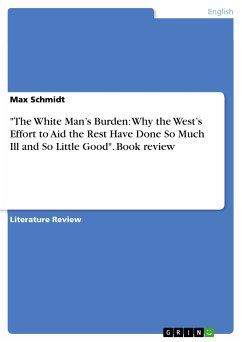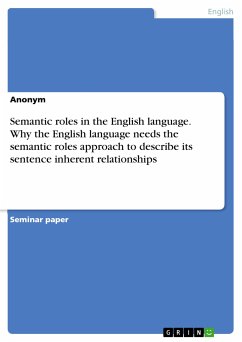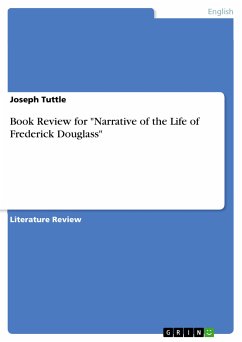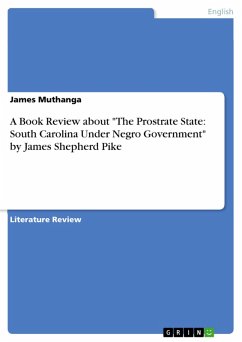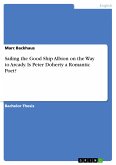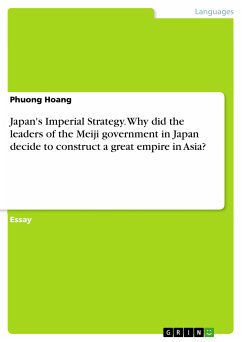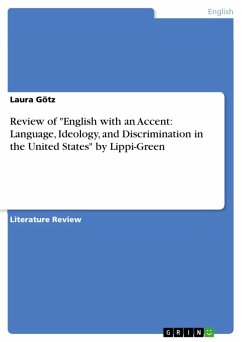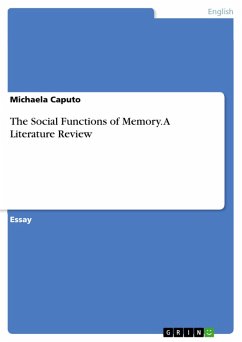Literature Review from the year 2019 in the subject American Studies - Literature, grade: 1.0, School of Oriental and African Studies, University of London (Development Studies), course: Development Practice, language: English, abstract: Published in 2006, the monography "The White Man's Burden - Why the West's Efforts to Aid the Rest Have Done So Much Ill and So Little Good" by New York University's William Easterly addressed, and in fact reached, a broad, especially non-academic audience, with its meaningful title as well as consciously provocative and polarising, yet trenchant line of arguments. WMB is the development economists' ambitious attempt to explain the structural reasons for the ineffectiveness of the West's aid programmes for the world's poor - and how to overcome them. From the very outset, he makes his diagnosis unambigously clear: a) top-down-plans suffer informational shortage of most diverse realities on the ground, b) development agencies work more effectively with fewer goals and c) unaccountable agencies (as any other entities) perform worse than others, due to missing incentive structures such as feedback loops. Against this background, Easterly draws a sharp line between two roles - Planners and Searchers - which, throughout the book, remain somewhat under-conceptualised in their certainly useful distinction, yet artificially appealing dichotomy. He convincingly argues that only a significant shift of power towards Searchers can result in a homegrown, long-term and effective (self-)help for the poor (which themselves represent the majority of Searchers). The author does so by drawing heavily on his own experiences made in dozens of developing countries all over the world in his 16-year long capacity as research economist at the World Bank - for him virtually the epitome of all the failures of the systematically blueprint-approach led Planners in the aid sector. According to Easterly, this shift can only be reached by a reformist rather than revolutionary approach towards the aid sector. The author particularly does so by consistently drawing linkages between Searchers and markets of capitalist economies with their particular social norms and institutions, even claiming markets to be "the greatest bottom-up system in history for meeting people's needs." (2006: 76) In addition to that, the only role he foresees for Western assistance is that of meeting the most desperate needs of the poor - until homegrown market-based development takes over.
Dieser Download kann aus rechtlichen Gründen nur mit Rechnungsadresse in A, B, BG, CY, CZ, D, DK, EW, E, FIN, F, GR, HR, H, IRL, I, LT, L, LR, M, NL, PL, P, R, S, SLO, SK ausgeliefert werden.

